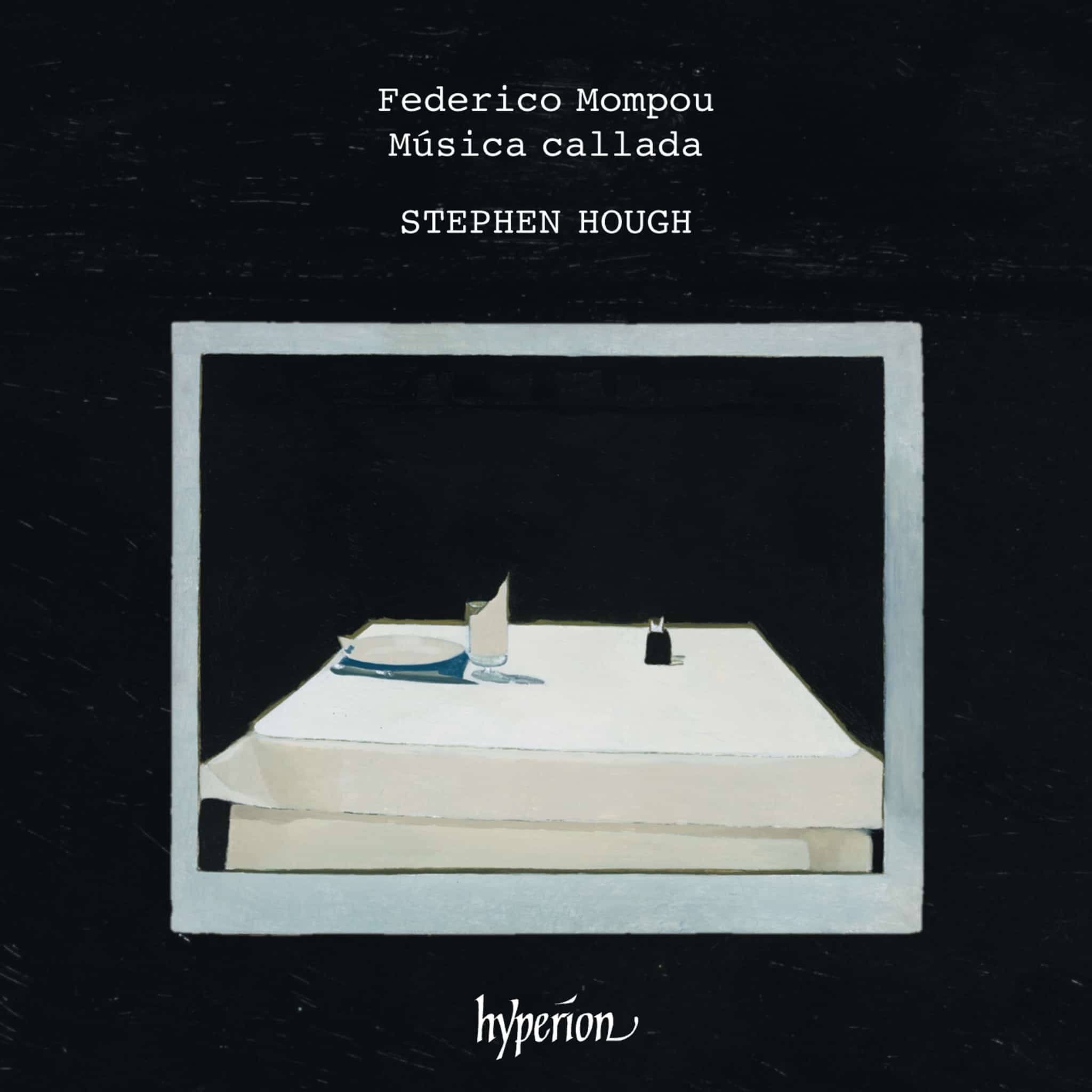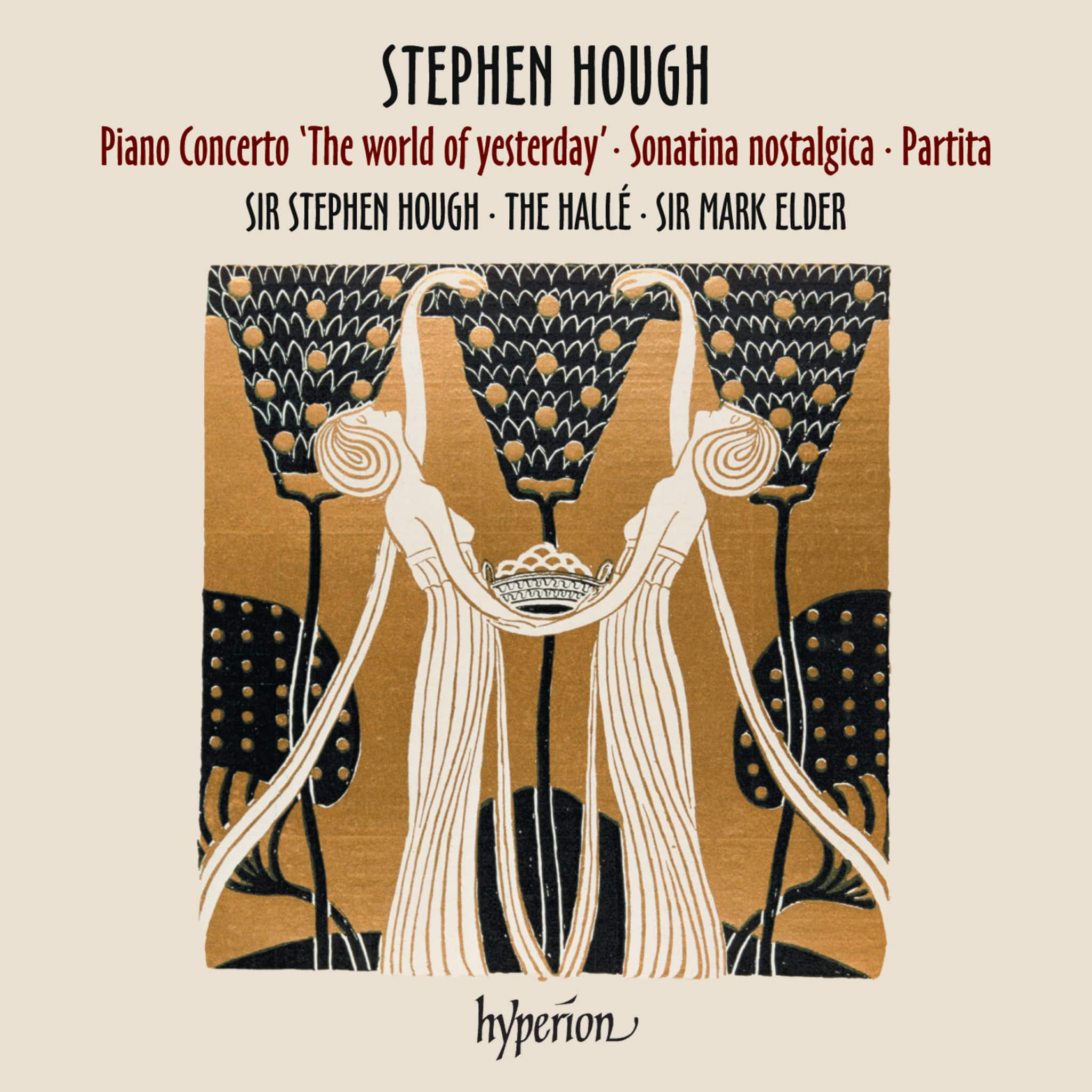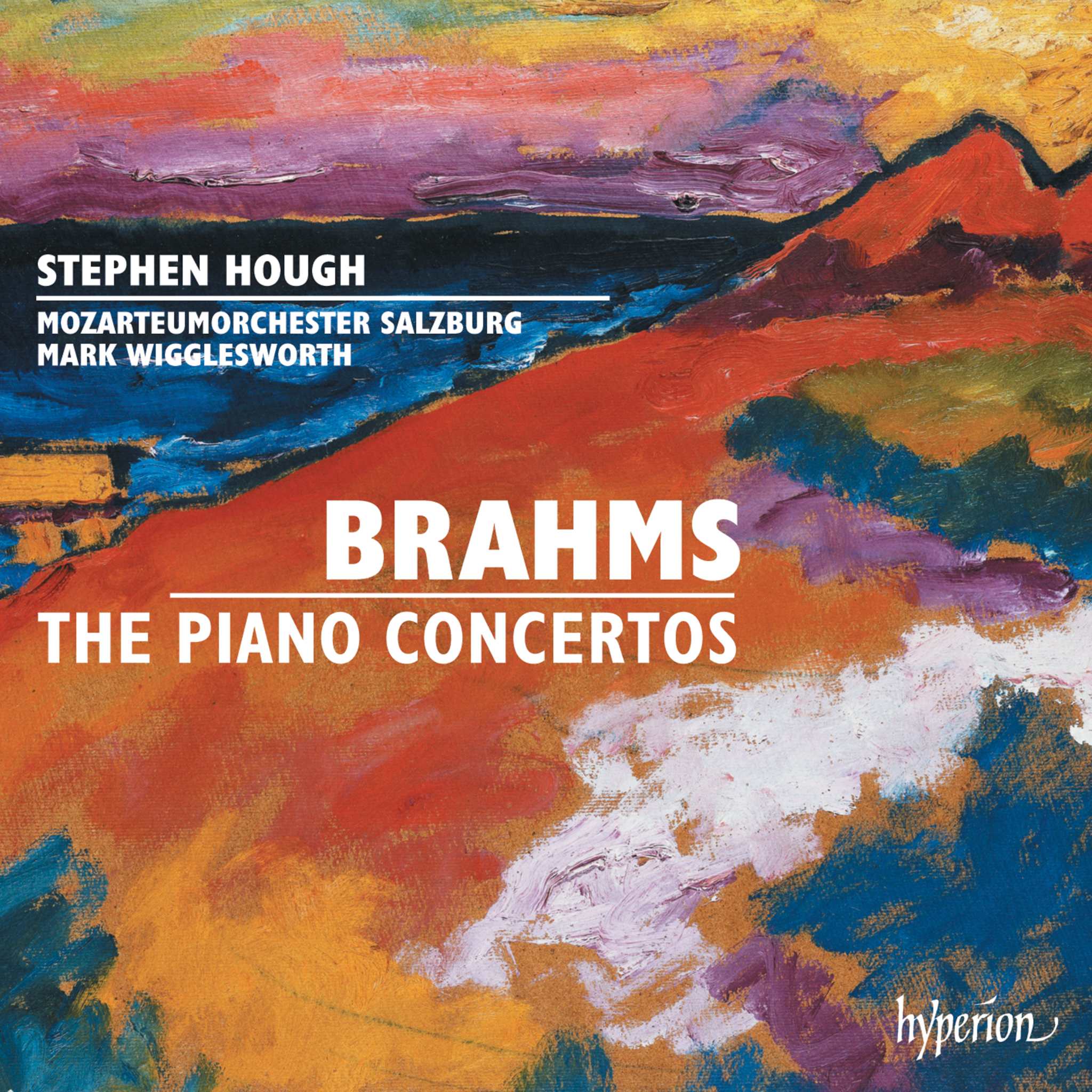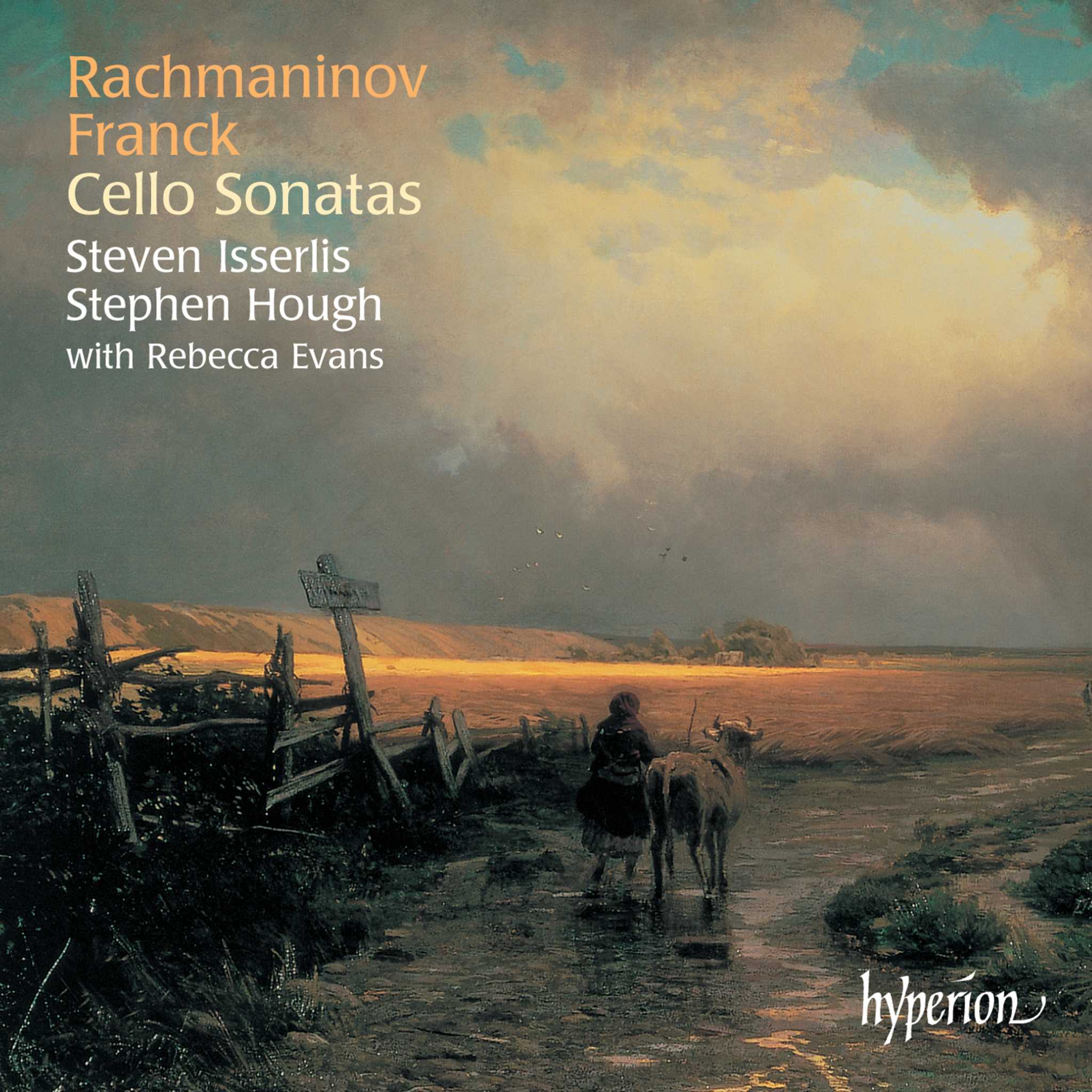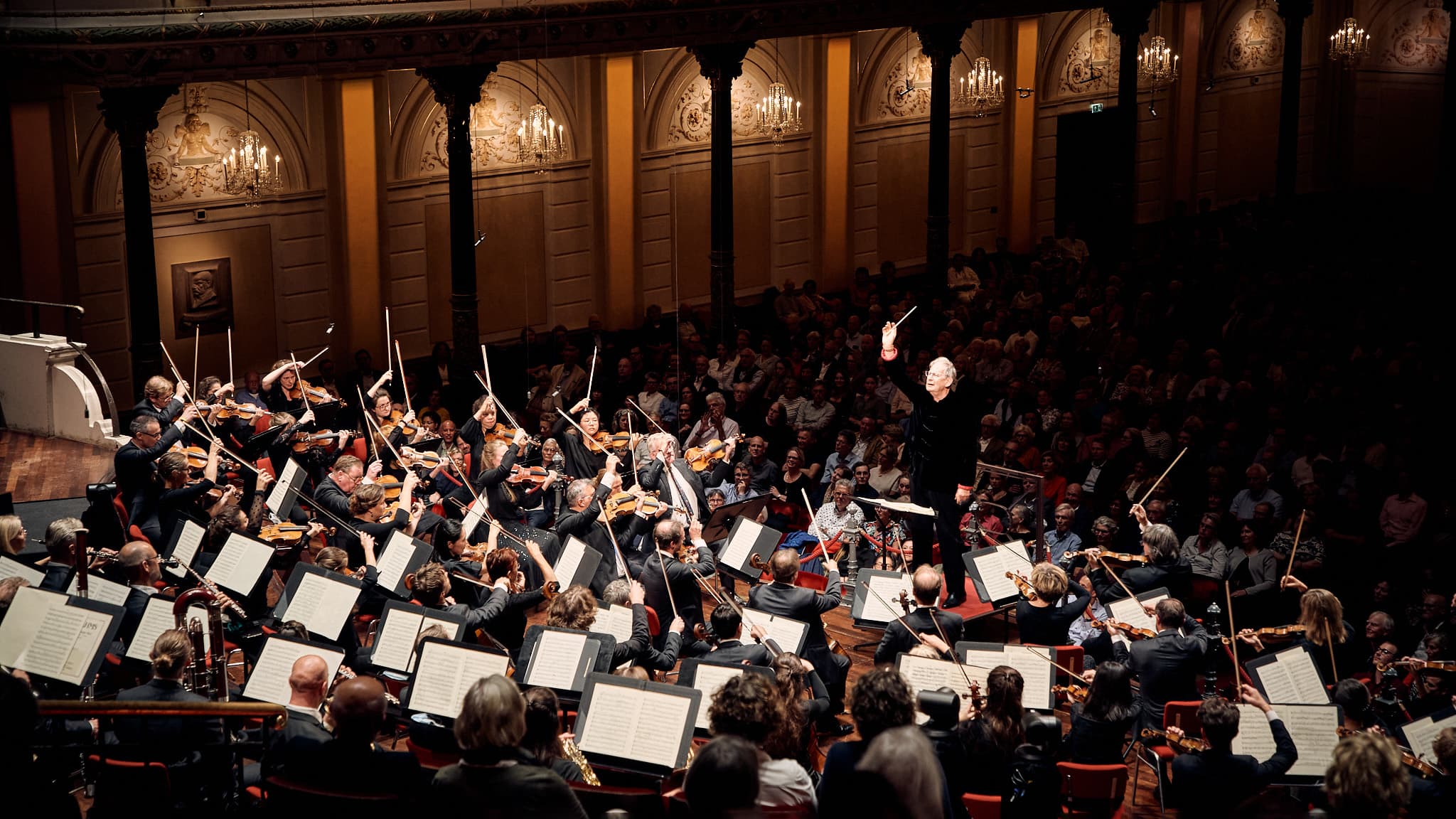Federico Mompou Federico Mompou created a sound world that Stephen Hough described as “music of evaporation”—an approach that seems unusual in the world of composition. While many composers condense their material by adding new ideas, Mompou deliberately allows his musical structures to dissolve, foregoing stable connections or pronounced counterpoints. Thus, his sounds often float weightlessly in space.[1][2]
Música callada demands that the listener engage with music that offers no definitive solutions and defies any clear interpretation. The composition seems like a summary of Mompou’s artistic preferences, but always remains open to change and new approaches, rather than providing definitive answers.[1]
The title “Música callada” refers to the Spanish mystic John of the Cross, who strove for spiritual union. Mompou understood this to mean music that transcends words and acts as a mediator between worlds. His works present finely crafted miniatures that reveal his innermost thoughts without resorting to classical forms. Parallels to Erik Satie's solo piano music become apparent: Mompou favors a pandiatonic style and harmonic diversity, achieving a blend of rigor and spontaneous improvisation.[5]
Although Música callada remains understated and mysterious, it reflects musical traditions and references such as Fauré, Satie, and Chopin. Mompou's compositions also demonstrate an appreciation for jazz harmonies and crystalline sound structures, comparable to Morton Feldman. Through reduction and the interplay of silence, Mompou challenges listeners to reflect on their own feelings and thoughts about music.[1][5]
Although Música callada remains understated and mysterious, it reflects musical traditions and alludes to greats such as Fauré, Satie, and Chopin.

